Controversial OHCHR tries to enter Bangladesh with agenda of promoting homosexuality
- Update Time : Wednesday, October 30, 2024
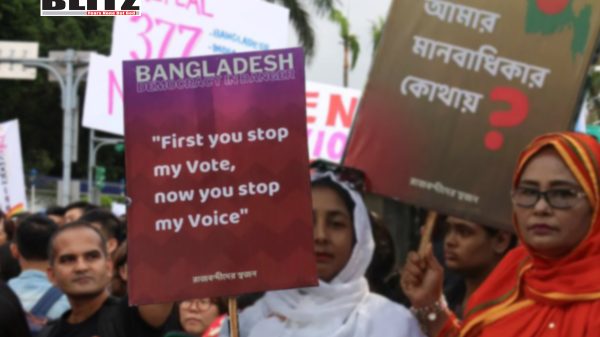
Under the pretense of human rights reforms, several vulturous international organizations have been making frantic bids in occupying the position of prescriptionists with ulterior blueprint of injecting various types of alien culture, including homosexuality. According to media reports, the UN’s Office of the High Commissioner for Human Rights (OHCHR) has proposed establishing a country office in Dhaka, reportedly to support the advancement of human rights and compliance with international standards. However, this initiative is stirring controversy within Bangladesh, particularly due to concerns that it may promote values that contradict the country’s cultural, social, and religious norms, including the apprehension that such an office might implicitly support or normalize homosexuality and same-sex marriage.
Notably, in 2013, Muhammad Yunusfaced criticism in Bangladesh for comments he made in 2012 supporting gay rights, as homosexuality in Bangladesh is punishable by a maximum sentence of life in prison. It is worth mentioning that in 2012, Muhammad Yunus, along with three other Nobel laureates, signed a joint statement criticizing the prosecution of gay people in Uganda.
The OHCHR, founded in 1993, operates from Geneva and has extended its reach through regional and country-specific offices in various nations, particularly those experiencing social or political crises. In South Asia, the UN has made several efforts to establish human rights offices, but countries like India and Sri Lanka have historically resisted these proposals. Recently, Nepal and Thailand have passed laws allowing gay marriage, following advocacy by the OHCHR. Now, Bangladesh has become the latest target for this diplomatic push, despite the absence of a significant ethnic or civil conflict that traditionally prompts such interventions.
The United Nations High Commissioner for Human Rights, Volker Türk, currently is visiting Dhaka to advocate for the opening of this office, meeting with government officials, academics, and civil society members. According to the OHCHR’s official statement, this proposed office aims to bolster Bangladesh’s human rights policies, provide technical assistance, and support local agencies in monitoring and addressing rights issues. Diplomatic sources reveal that the UN’s proposal comes with substantial financial support for Bangladesh’s reform initiatives. However, this support has strings attached, as it requires Bangladesh to adopt certain policy recommendations and align with international human rights expectations.
Bangladesh’s cautious approach to the UN’s proposal stems from concerns that opening such an office could be used as a platform to introduce ideologies that conflict with the country’s traditional and religious values. The OHCHR’s involvement has been criticized for allegedly promoting agendas in other nations that do not align with local cultural and religious beliefs, particularly regarding LGBTQ+ rights. For instance, issues such as homosexuality, which are sensitive and prohibited under the social and religious framework of Bangladesh, are perceived by some as being subtly advocated by the OHCHR under the broader umbrella of human rights.
There are fears that, by establishing a country office, the OHCHR may wield influence over Bangladesh’s internal policies, which could lead to pressures to recognize and accept social practices that contradict Islamic teachings and the country’s conservative societal fabric. In Bangladesh, homosexuality remains a criminal offense under Section 377 of the Penal Code, and social acceptance of LGBTQ+ rights is low. Religious leaders and many Bangladeshis are concerned that allowing the OHCHR’s presence could pave the way for increased discourse around these issues, potentially destabilizing the nation’s moral and social structure.
Critics argue that the UN’s push for a human rights office in Bangladesh is a subtle form of social engineering led by Western nations. They claim that the OHCHR often promotes concepts such as comprehensive sex education and LGBTQ+ rights under the guise of universal human rights, regardless of a country’s local values. It is a great concern that certain Western ideologies on human rights, which are not globally accepted, are being subtly introduced through UN offices.
Countries with deeply rooted religious beliefs, like Bangladesh, view this approach as a threat to their cultural and religious sovereignty. Similar apprehensions have surfaced in other countries where the OHCHR has a presence, where critics allege that these offices push an agenda that aligns with Western ideals rather than the local cultural context. In a country like Bangladesh, where religion plays a central role in social norms, the potential for the OHCHR to influence public policy toward LGBTQ+ acceptance is particularly concerning for many citizens.
Another key argument against the OHCHR office is the potential for political and social backlash within Bangladesh. Accepting the OHCHR’s proposal may bring short-term financial or diplomatic benefits, but it could also result in increased friction between the government and its citizens. The government’s acceptance of a UN human rights office might be perceived by the public as yielding to foreign pressure, which could spark opposition from religious groups and conservative sectors. As with any foreign involvement in domestic affairs, the government risks alienating its support base by being seen as complicit in promoting values that are incompatible with local beliefs.
Furthermore, this development could create friction with neighboring South Asian countries that have also resisted hosting an OHCHR office, as they might view Bangladesh’s acceptance as a precedent-setting move. This pressure might come from both within and beyond Bangladesh’s borders, putting the government in a precarious position where it would have to balance international expectations with domestic opposition.
The OHCHR is an arm of the United Nations Human Rights Council (UNHRC), which has faced criticism for biased voting patterns and bloc politics, which many argue prioritize Western values. Experts and human rights organizations argue that the UNHRC has failed to meet its expectations as an impartial global watchdog. It has been criticized for political favoritism, particularly in cases involving contentious topics like LGBTQ+ rights, which are still taboo in many cultures. Moreover, the council has been accused of acting as a platform for wealthier nations to exert pressure on developing countries, using human rights as leverage to push for specific social changes.
The UNHRC’s push for LGBTQ+ rights, even in conservative societies, often triggers debates over whether such universal human rights principles should supersede local cultural and religious values. For many in Bangladesh, this debate is not about human rights in the general sense but rather about preventing a shift in societal values driven by foreign influences. Therefore, the potential OHCHR office in Dhaka is seen as a step toward what some view as a systematic effort to redefine social norms in line with Western ideologies.
The proposed OHCHR office in Bangladesh is a source of both opportunity and concern. While the office could offer technical support to help Bangladesh meet its international human rights obligations, its establishment may also bring pressure to adopt values that challenge the nation’s traditional beliefs. Accepting the OHCHR proposal could mark the beginning of a new era of international influence, but it also risks alienating the conservative majority, particularly regarding the contentious issue of LGBTQ+ rights.
To navigate this complex scenario, Bangladesh must weigh the benefits of international support for human rights reforms against the potential risks of cultural and religious discord. Any agreement with the OHCHR should include safeguards that protect Bangladesh’s autonomy and respect its cultural context. If these precautions are taken, the nation could foster a constructive relationship with the OHCHR, contributing to human rights development without compromising its social values.
Please follow Blitz on Google News Channel


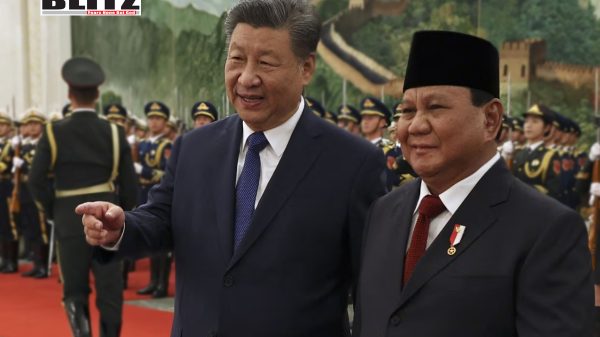

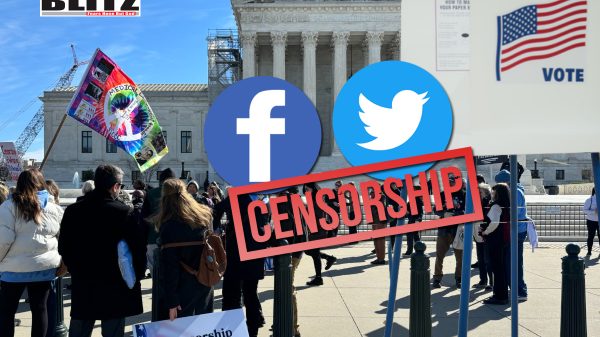
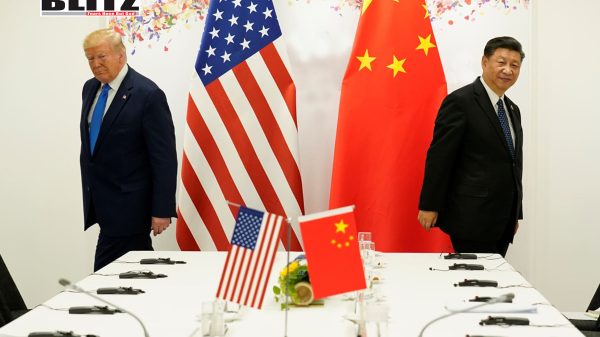
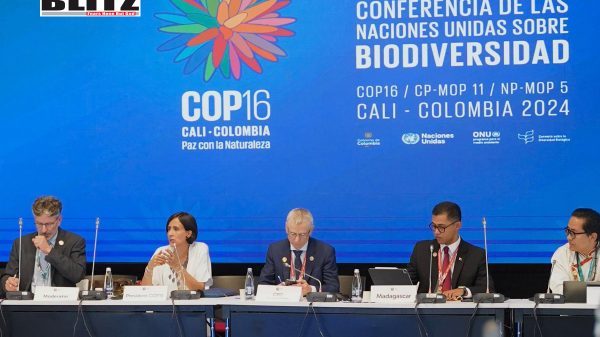



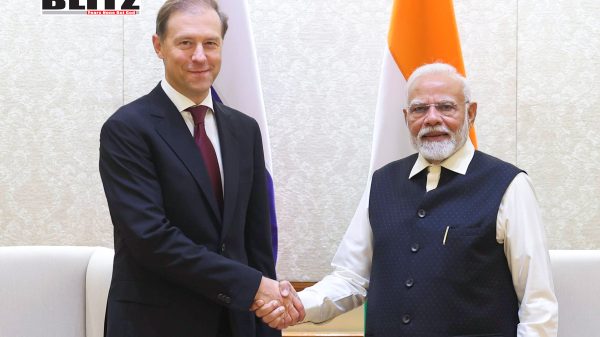
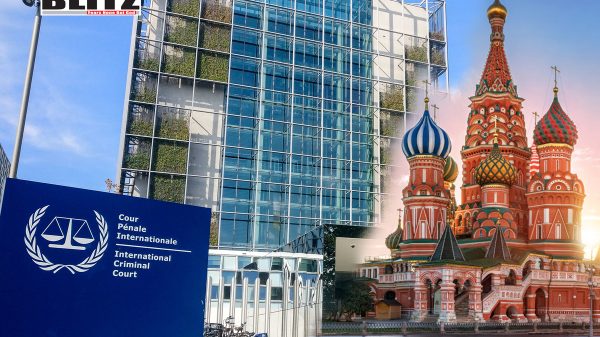
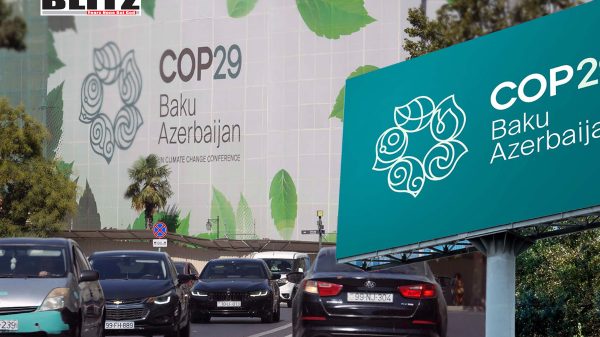


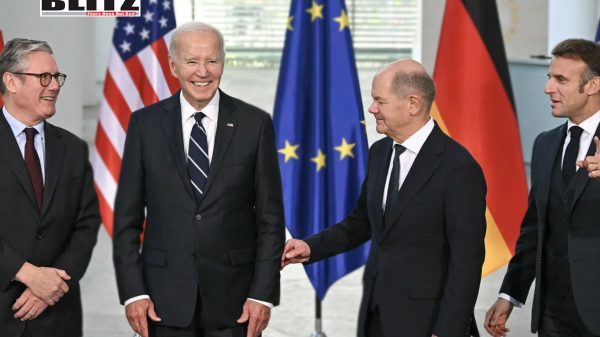

Leave a Reply